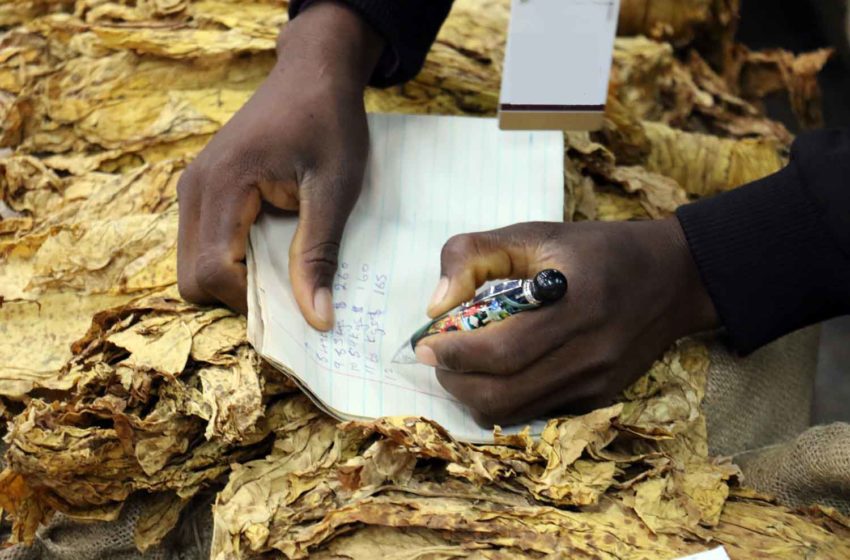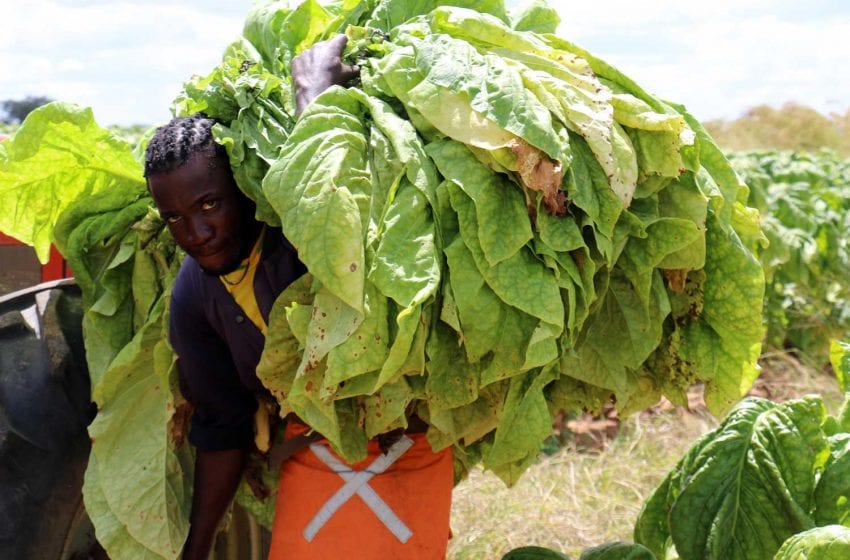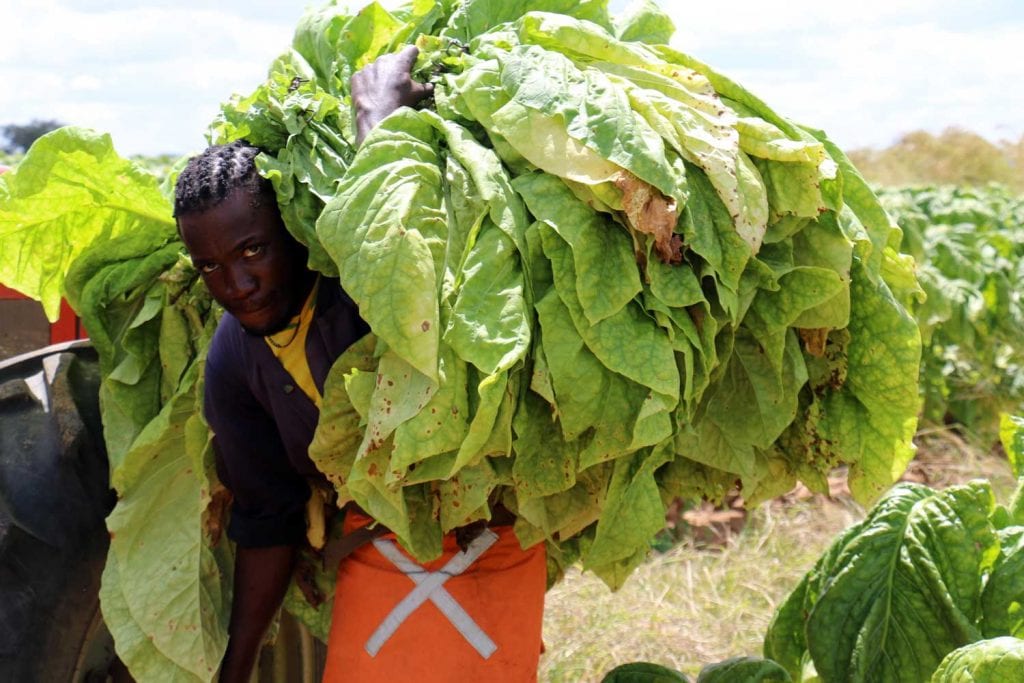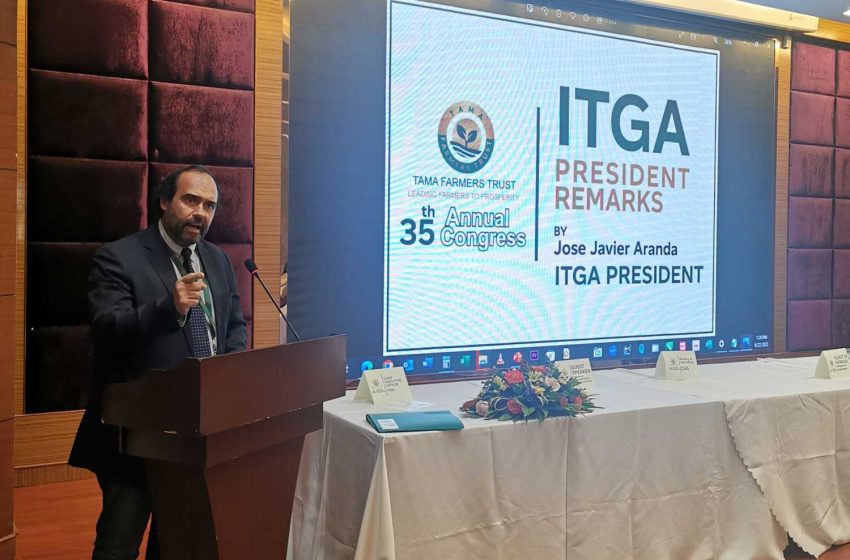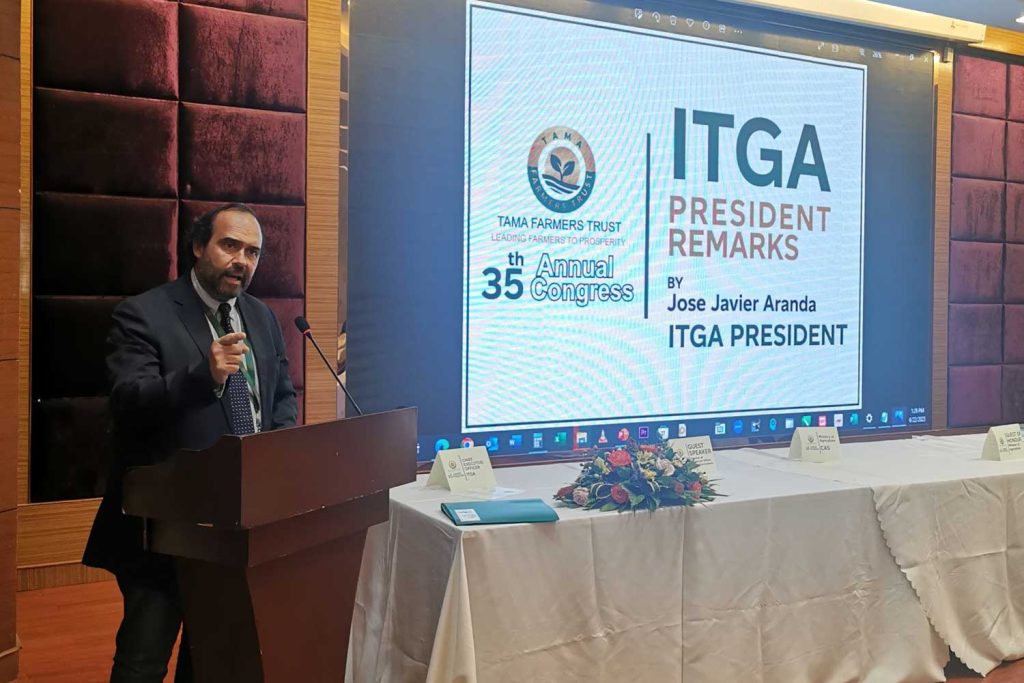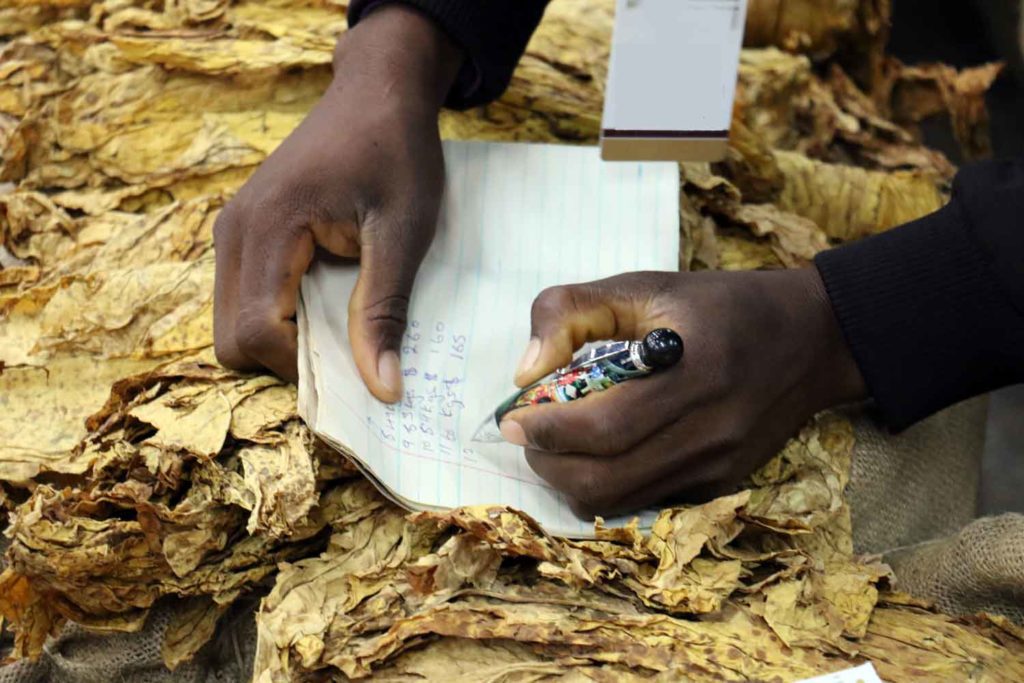
Zimbabwean tobacco farmers have asked the government to allow them to retain 100 percent of their earnings in U.S. dollars in the upcoming selling season, reports The Herald.
The request comes after the Reserve Bank of Zimbabwe (RBZ) announced tobacco growers will be paid only 75 percent of their sale proceeds in foreign currency in the 2023-2024 season. The remaining 25 percent is to be settled in local currency at the prevailing interbank market rate.
This ratio is down from the 85/15 percent split that applied in the 2022-2023 season.
Zimbabwe Tobacco Growers Association (ZTGA) Chairman George Seremwe said tobacco farmers need to retain all of their earnings in foreign currency because their production cost, too, are foreign-currency based. Under the prevailing split, farmers struggle to turn a profit, according to Seremwe.
Zimbabwe Tobacco Association CEO Rodney Ambrose concurred. “Tobacco production costs are already 90 to 100 percent dollarized. Last season’s 85 percent retention assisted in improving growers’ viability, more so given the flattening out of farmers tobacco prices and increased costs of production,” he said.
“Contractors have lent out almost 100 percent of their loans in foreign currency to farmers, anything less than the current 85 percent retention will negatively impact on growers’ viability.”
“It’s unfortunate that 75/25 split portion reverses the gains made, we hope that the policy will change in February 2024,” said Tobacco Farmers Union Trust President Victor Mariranyika. “This previous season’s 85 percent retention was not enough for farmers, so we were looking forward to 100 percent foreign currency retention in the 2024 marketing season,” he said.
Under the Tobacco Value Chain Transformation Plan, Zimbabwe aims to sustainably produce 300 million kilograms of flue-cured tobacco by 2025. In 2023, the country’s farmers produced 296 million kg and earned $897 million.
A Nov. 10 report by the Tobacco Industry and Marketing Board (TIMB) shows the number registered tobacco growers declined by a quarter for the 2023-2024 season.

